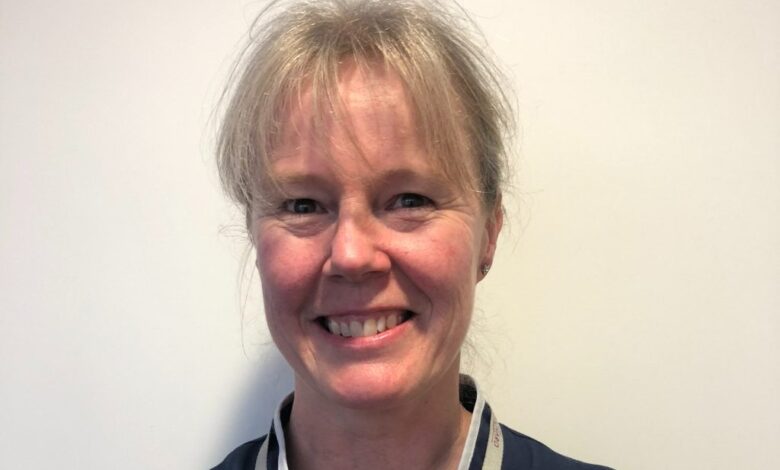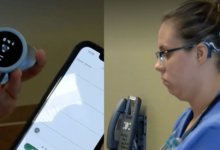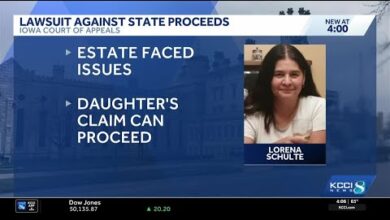Practice nurses urged to become ‘veteran friendly’ clinical leads

Practice nurses have been encouraged to “lead change” in their organisations this Remembrance Day to support military veterans who may be silently struggling with their mental or physical health.
Nurses are being encouraged to take the quick and simple step of signing their practice up for the Veteran Friendly Accreditation scheme.
“Nurses are great at leading on change”
Helen Hurst
The free initiative, launched by the Royal College of General Practitioners and NHS England, helps GP practices identify, understand and support their veteran patients and, where appropriate, refer them to specialist physical and mental healthcare services designed especially for veterans.
All accredited practices must appoint a clinical lead, who receives training and support to improve understanding of the needs of veterans and the services that are available to them.
Helen Hurst, a practice nurse and veteran friendly clinical lead at Orchard Surgery in Bromborough, said she felt “honoured and humbled” to be able to lead her team in making a difference to the lives of veterans.
She told Nursing Times that, since signing up for the Veteran Friendly Accreditation scheme, her practice has gone from have 19 military veterans on its register to over 200.
“Taking on that role, and signing us up and finding out more about it, just highlighted that we had a group of vulnerable people that were in our surgery and in our practice,” said Ms Hurst.
“We’re trying to find all of those lost and forgotten [veterans], so that we can help them if they need it, or signpost them to the most relevant services,” she added.
Currently there are over 1.7 million military veterans in England.
Research has shown that, while the average GP practice sees a veteran patient every day, around half (47%) of practices may be unaware of how many of their patients are veterans.
In addition, many healthcare professionals and veterans are not fully aware of the specialist veteran healthcare that exists.
Marking the start of the Remembrance Day weekend, Ms Hurst said she wanted to remind nurses that “they can make a difference” to the lives of veterans.
“If you get it right for somebody, you do make a difference and hopefully improve their life in the long run,” she noted.
Ms Hurst encouraged her practice nurse colleagues to be the change within their own organisations by signing up for the Veteran Friendly Accreditation scheme.
“Nurses are great at leading on change,” she said. “As a general practice nurse, it adds another dimension to your job and it’s very rewarding.”
One of Ms Hurst’s veteran patients, Jon Lynn, said that her care had saved his life.
He said: “Leaving the military was an incredibly difficult decision for me, I didn’t know what to expect when I left and, in my first year outside of the armed forces, I struggled with my mental health.
“I eventually sought support and was surprised and grateful to be asked by Helen and her team if I was a veteran – they clearly understood that I may be suffering from issues that were different to other patients.”
Mr Lynn added: “I would urge all practices to sign up to become veteran friendly, it makes a huge difference in ensuring that those who have served have access to the best possible care and treatment, improving health and potentially saving many lives.”







